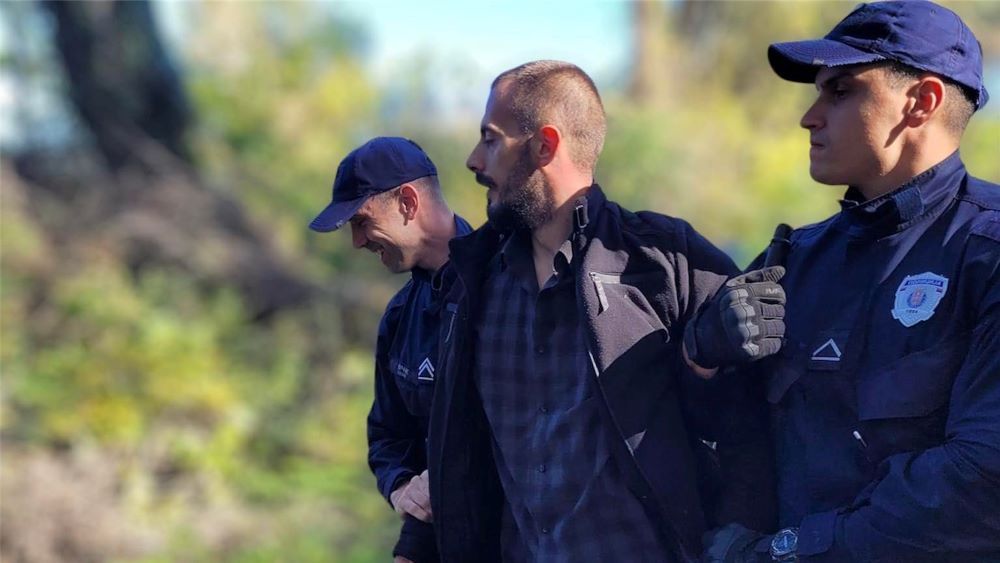Personnel policies of our political organizations have not yet recognized what it means to invest in the knowledge and skills of young people. It is because of this approach that almost over 50% of young people don’t stay in political organizations for longer than 6 months.

Brajan Brković
Political engagement of young people in Serbia is a sort of taboo topic in the perception of the young themselves. In the mixture of stereotypes that dominate mentions of political parties or movements, the now famous sentence “What can I do about any of it” stands out among young people, on top of the one that has always been known and is just as destructive as most political parties that held power from multiple parties – “They are all the same”.
We learned a decade ago that in Serbia, politics not only “exhausts” but also “misleads” young people, offering hopes and expectations, which seem to suddenly disappear after political campaigns are over. Over time we have also seen that young people are less and less interested in political programs of the parties, although the fact is that the vast majority of young people have left Serbia in the past ten years, and/or are preparing to leave Serbia after finishing school.
I believe that part of the political parties turned their backs on the problems of youth because the young simply do not represent a reliable and large enough voter category for them. This is further supported by the fact that the number of MPs under 30 years of age in the Republic Parliament is slightly below 6% (14 out of 250).
We cannot say that young people are not interested in social issues – in fact, according to the Alternative report on the position and needs of young people in Serbia for the year 2022, prepared by the Umbrella Organization of the Youth of Serbia, we see that 18% of young people declared that they are members of some citizen association. This report reveals that young people want to participate in society, and we can see this through the stats that 75% of young people signed a petition or popular initiative this year, 48% of young people volunteered, almost 58% of young people voted in the previous elections, almost 47 % of young people participated in protests organized by associations, while that number is significantly lower when it comes to protests by political organizations, where only 14.3% of young people participated. The alternative report also tells us that young people, as much as 77% of them, do not believe in fair and free elections in Serbia.
This report helps us see a discrepancy between the number of young people engaged in activism and young people engaged in political activism. In reality, conventional political parties in Serbia too often use young people as a sort of decor, leaving no room for their initiative. From the mantra that young people are the initiators of society and will be supported by any political party, we come to the reality of a situation where young people are used for their physical presence at stands or help in putting up posters. This puts before young people the framework of mere existence without encouraging proactivity and developing initiative. Personnel policies of our political organizations have not yet recognized what it means to invest in the knowledge and skills of young people. It is because of this approach that almost over 50% of young people don’t stay in political organizations for longer than 6 months.
Progress of young people and society as a whole is brought by greater participation of youth in political life, so it is necessary for political organisations to allow ‘new blood’ to take initiatives, because young people do not want to sit by idly. They have shown that they are willing to take initiatives and volunteer. What young people essentially lack is the opportunity and confidence to act in through political organizations; it is much easier to talk about young people and their problems than to demonstrate confidence in young people and their ideas.
Brajan Brković, civil activist



Leave A Comment